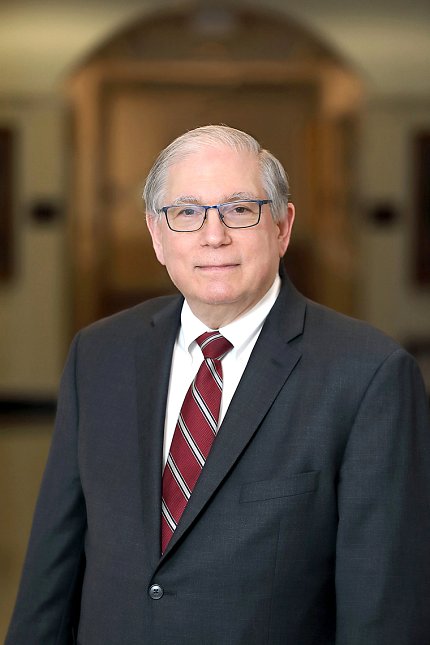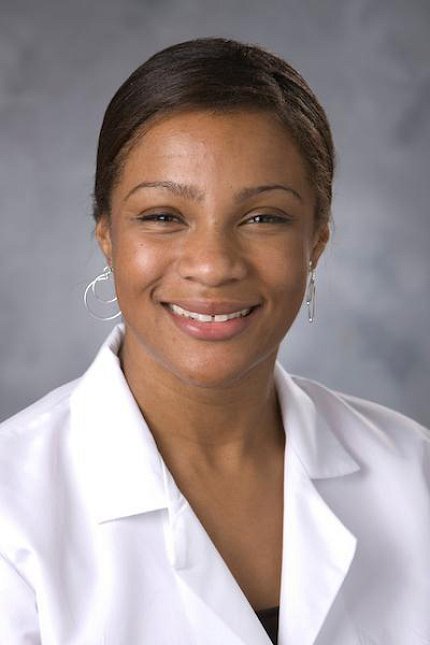RECOVER Reaches New Milestone
Long Covid Clinical Trials Launch, Enrollment Opens

Although the coronavirus pandemic is largely behind us, there’s still a significant number of people dealing with some residual effects of Covid-19—a condition generally referred to as “long Covid.”
On July 31, NIH launched phase 2 clinical trials that will evaluate at least four potential treatments for long Covid, with additional clinical trials to test at least seven more treatments expected in the coming months.
“Our goal is to figure out why and how some people experience these long-lasting symptoms and to identify treatments that could help,” said Acting NIH Director Dr. Lawrence Tabak, at a briefing about the launch. “Ultimately, we want to prevent, predict and treat long Covid.”
People living with long Covid can experience wide-ranging and debilitating symptoms, he explained. They can have trouble working, sleeping, taking care of their families and doing even basic physical activity among other issues.
“Covid is preventing many from living their normal life and solutions can’t come quickly enough,” he said. “NIH is committed to a highly coordinated and scientifically rigorous approach to find treatments that will provide relief for the millions of people living with long Covid.”
Part of NIH’s Researching Covid to Enhance Recovery (RECOVER) Initiative, the trials were informed by findings from other RECOVER research over the past two years and focus on several of the persistent symptoms described as most burdensome. With its complementary research efforts, RECOVER has positioned NIH to design and conduct trials that have the potential to provide long Covid patients who experience varying symptoms with relief sooner than any individual study can alone.
Treatments in the trials will include drugs, biologics, medical devices and other therapies. The new clinical studies are designed to evaluate multiple treatments simultaneously to identify more swiftly those that are effective.
RECOVER is a large, nationwide research program designed to understand, treat and prevent long Covid, which is marked by long-term symptoms following infection by SARS-CoV-2, the virus that causes Covid-19.
The initial stage of the initiative involved launching large, observational, multi-site studies examining and following people through their experience with Covid-19 to learn why some people develop long-term symptoms while others recover completely. These studies are ongoing and have recruited more than 24,000 participants to date.
Researchers also are analyzing 60 million electronic health records and conducting more than 40 pathobiology studies on how Covid-19 affects different body tissues and organs. Data gleaned from these efforts helped shape development of the phase 2 clinical trials, which test the safety and effectiveness of treatments typically in groups of 100-300 participants.

“The goal is to understand, treat and prevent these post-acute long-term effects,” said Dr. Walter Koroshetz, director of the National Institute of Neurological Disorders and Stroke and RECOVER co-lead. “It’s affected over 100 million Americans. It affects all organs in the body.”
The trials (see sidebar) that launched July 31 will focus on viral persistence and cognitive dysfunction using “platform protocols,” a term used to describe the trials’ adaptive design.
All trials are designed to accelerate identification of safe and effective treatments for some of long Covid’s worst symptoms. Study interventions were reviewed by teams of scientists and patient representatives and approved by NIH leadership based on ideas submitted through a May 2022 request for applications.
RECOVER is committed to enrolling a study population that is inclusive and representative of the communities most affected by long Covid. Study sites will partner with local communities to raise awareness about long Covid and offer opportunities to participate in the trials.

“Our patient and community representatives have provided critical input to help us ensure that the results of these trials are applicable to people across the country and become available as soon as possible,” said Dr. Kanecia Zimmerman, principal investigator of the RECOVER Clinical Trials Data Coordinating Center at Duke Clinical Research Institute.
Trials will continue to launch and enroll participants on a rolling basis. Enrollment will take place at clinical research sites located throughout the United States. A track record for enrolling diverse participants was a key criterion for site selection.
To learn more details, visit https://trials.recovercovid.org/.
